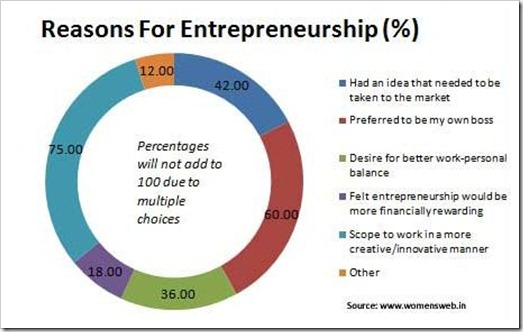Strategic planning and management are an essential aspect of any organisation as it helps to shape the objectives, principles, goals, focus, purpose and
the identity of the business. Effective strategic management practices enable you to determine which actions are most needed for future development.
 |
| Source: bit.ly/1rNt6Qr |
But a recent study shows that executives in most companies lack the skill to develop strategic and risk contingency plans. Hence, currently there is a
strong need for well trained strategic planners and managers and your best option is perhaps to pursue an online diploma in strategic management.
What was the study about?
The recent study conducted by UT’s Global Supply Chain Institute revealed that almost 90 per cent of the companies that were surveyed failed to gauge risks
related to supply chain when they outsourced production. Moreover none of the firms took support of external expertise to measure the supply chain risks.
This just goes to show how unprepared today’s managers are to deal with supply chain risks. This undoubtedly necessitates a comprehensive training for
strategic planning for all executives who are in charge of day-to-day business operations. An ATHE diploma in strategic management is
certainly the most suitable option for anyone who wants to learn and apply their knowledge at the workplace simultaneously.
The report, entitled Managing Risk in the Global Supply Chain, has been prepared by UT’s supply chain faculty as the 3rd instalment of their
Game-Changing Trends in Supply Chain series. It was funded by UPS Capital Corporation. The research includes a survey of over 150 supply chain managers and
encompasses executives’ interviews from 6 firms. The surveyed companies varied from retailers, manufacturers to service providers and ranged from $80
billion to $300 million in size.
What did the study find?
 |
| Source: bit.ly/1mHr2nK |
Paul Dittmann, author of the study and Executive Director of the Global Supply Chain Institute, says, “The supply chain is the area of a company where
executives must balance operational efficiencies with customer and company needs, all without actually having direct control over many of the moving
parts.” He believes that “The visibility of material movement and control of the supply chain becomes even murkier in the global environment, which puts
firms’ global supply chains at greater risk.”
One of the most significant findings of the study showed that executives often get engulfed by regular and daily challenges related to business operations,
such as cyber-security, warehouse scarcity, supplier delays, unanticipated delays etc. Thus the executives get little or no time to develop plans for other
disruptions including geopolitical disturbances and natural disasters.
Vice President of UPS Capital, Dave Zamsky, says, “A disruption or issue in any supply chain, large or small, can significantly impact a company’s revenue
stream, and in some cases even jeopardize the continuity of the business.” He further adds, “The threats are very real, but there are many ways to mitigate
this risk, such as insuring losses from a third-party logistics provider.”
So how can you manage such risks?
Managing daily business challenges prove to be a serious test of capability for supply chain and strategic management professionals. But an ATHE diploma in strategic management can help executive across the globe to acquire skills which would help them to deal with daily
business challenges and develop strategic management skills. These programmes also enable you to learn different aspects of strategic planning and empower
you to implement these efficiently into your work.
 |
| Source: bit.ly/1lyc0B3 |
Apart from this, the surveyed executives and companies also emphasised on some tools which they use to alleviate risks in their supply chains. Some of the
main strategies include relying on competent and reputed suppliers, leveraging logistics visibility tools and reducing cycle times.
Do you think the findings of the study reveal the true picture? Do today’s managers lack the skills to manage supply chain risks? Will an ATHE diploma in strategic management be able to help you? Let us know what you feel. We would love to hear your views.














